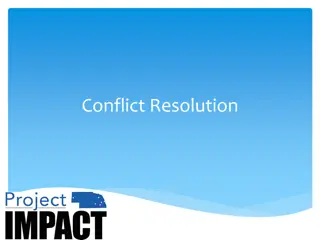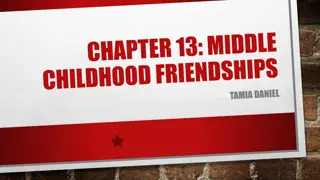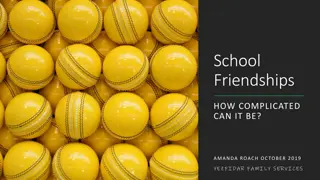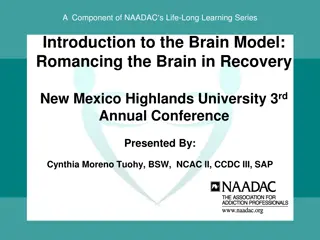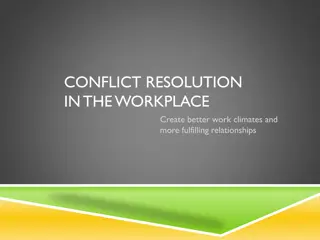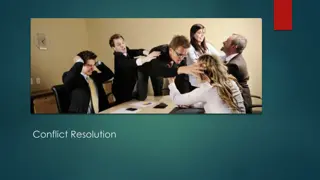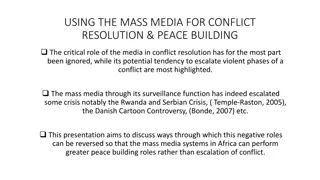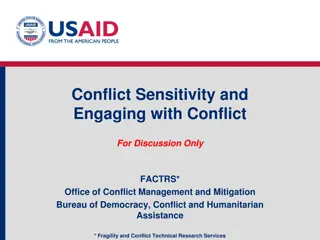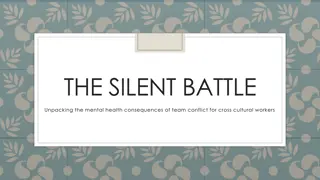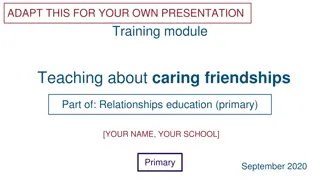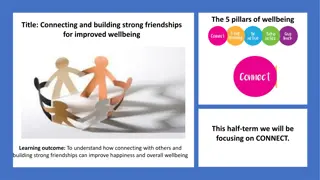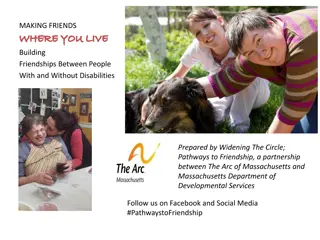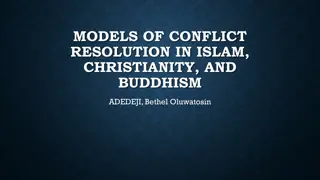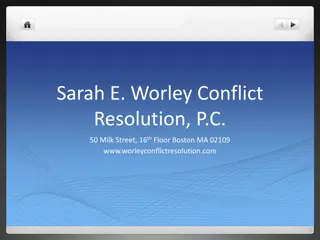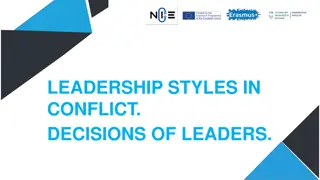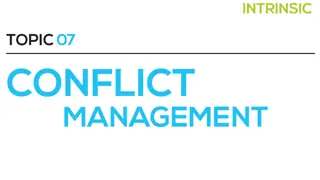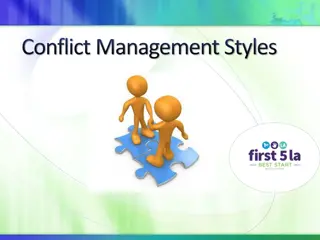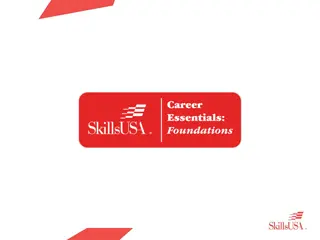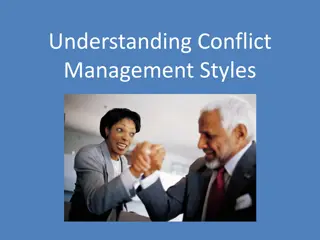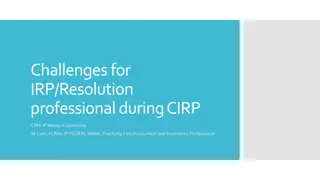Navigating Friendships: Conflict Resolution and Supportive Actions in School
Explore the dynamics of friendships, including reasons for conflict, importance of resolving conflicts, methods for conflict resolution, and promoting supportive environments in schools. Delve into scenarios, like two donkeys trying to reach food together, to understand problem-solving and outcomes. Emphasize the significance of supporting peers to foster positive relationships and address challenges.
Download Presentation

Please find below an Image/Link to download the presentation.
The content on the website is provided AS IS for your information and personal use only. It may not be sold, licensed, or shared on other websites without obtaining consent from the author. Download presentation by click this link. If you encounter any issues during the download, it is possible that the publisher has removed the file from their server.
E N D
Presentation Transcript
Watch the video: https://www.youtube.com/watch?v=Gl3e- OUnavQ [accessed 26.05.2020]. What causes conflict in friendships? Brainstorm as many ideas as you can. Image: pixabay.com
Discuss the following questions in pairs: Why is it important to solve conflict in friendships? What will happen if we don t or if we solve them badly? What stops us from resolving conflict well? What methods do you know already for solving conflict? Image: pixabay.com
Two Donkeys Two Donkeys Once upon a time there were two donkeys. They were tied together in the farmyard, and they were very hungry. Then, the farmer left two boxes of food in the yard for them: one for the first donkey on the left and one for the other donkey on the right. Each donkey saw that the food had been left, but they were still tied together. Image: pixabay.com
They each tried to reach their food, but they couldn t. They were just as strong as each other, so however hard they pulled on their rope, they would never get the food. Feeling tired and out of breath, they sat down next to each other, even hungrier than before. Image: pixabay.com
How could the donkeys solve the problem? What will happen if they don t? Image: pixabay.com
Choose one of the scenarios to act out in a group. Act it out with a positive outcome and with a negative outcome. A new person joins your class and your friend only wants to play with them and ignores you. A friend won t let you join in their game at playtime. A friend starts teasing you about how you look.
Are there opportunities at school to support others to be friends? This might be a friendship bench, peer mediators etc. If there are not, could you start one? Image: commons.wikimedia.org




